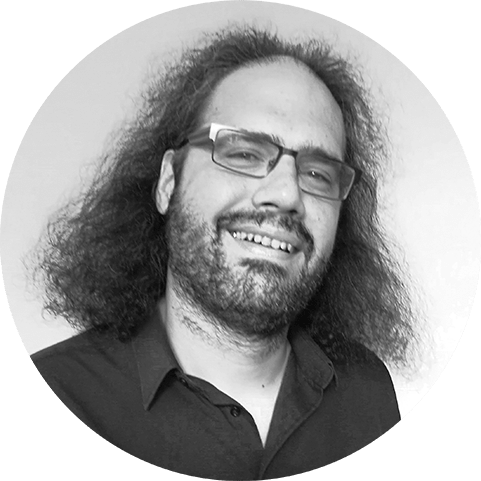Panos Athanasopoulos

Language doesn’t just reflect what we have in our minds, our ideas, but is itself the shaper of ideas. Therefore, we do not all think the same, but rather along the lines laid out by the language(s) we speak. Understanding this key fact allows us to look at different languages as microcosms of different sets of ideas and behaviours. Learning new languages then allows us to become mind readers, it is our doorway to understanding the minds of different people, predict how they might behave in certain contexts, understand the variability in their behaviour, and ultimately reflect back on our own ideas and behaviours, and re-evaluate them in new light.
Panos Athanasopoulos is the Director of the Perception and Learning Laboratory (PERLL) at Lancaster University, where he holds a Chair in Applied Linguistics. His research programmes seek to understand how people from diverse cultural and linguistic backgrounds communicate and perceive the world around them, focusing on how we see colours and objects, and how we experience motion and time.
Truly inter-disciplinary in nature, he has brought together theoretical insights and methodologies from Anthropology, Linguistics, Psychology, and Neuroscience to develop a novel framework for studying thought patterns in bilinguals, extending the linguistic/cultural relativity hypothesis (the idea that people with different cultural/linguistic backgrounds think and perceive the world differently) to the domain of second language learning.
His PhD, which he obtained in 2006 from the University of Essex, earned him a Graduate Student Award from the American Association for Applied Linguistics. He has gone on to publish in high impact scientific journals, and he has been the most read author in several academic and non-academic publishing outlets such as Psychological Science, The Modern Language Journal, The Independent, and The Guardian. His latest research on the effects of language on perception was featured in a BBC radio documentary on the benefits of bilingualism. He is regularly invited to give public lectures around the world, his most recent one being at the Einstein Foundation in Berlin.